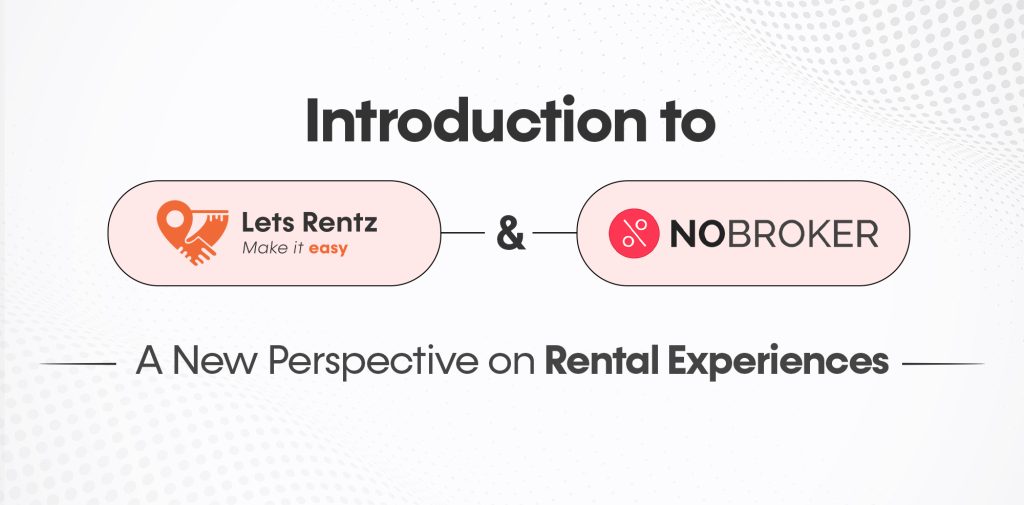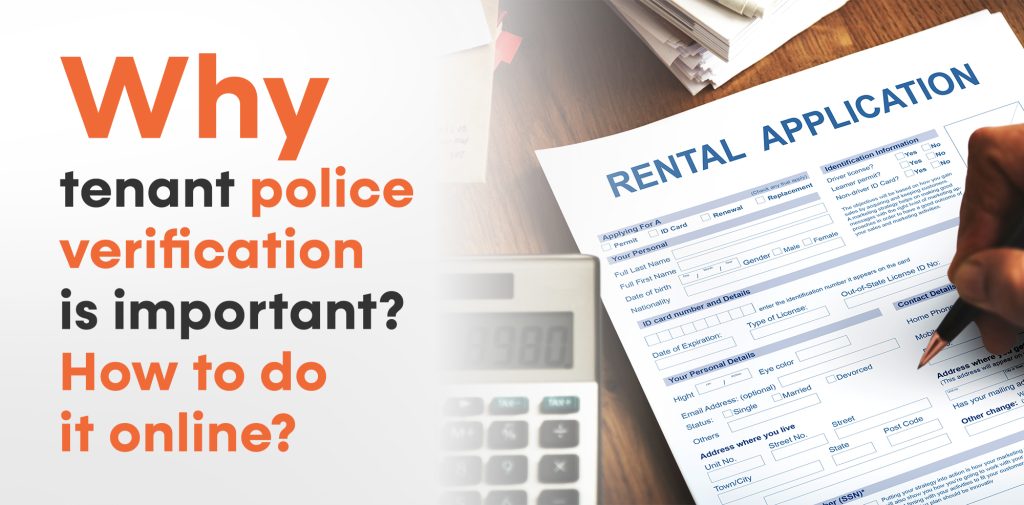Deciding between renting or buying a home depends on your lifestyle and financial goals. Renting offers flexibility and fewer responsibilities, while buying provides long-term stability and investment benefits. Consider your budget, future plans, and market conditions to make the right choice in 2025.
Renting or Buying the problem is genuine, particularly in the early stages of creating your future. We’re getting technical with this guide. Examine both options’ emotional and financial implications
Purchasing a home is a significant life achievement, particularly among Indian households. It is thought to be the sensible course of action after obtaining a reliable source of income.
Buying a house is a challenging decision, though, since there are a lot of aspects to consider. Renting a home is a more sensible and cost-effective choice. But nothing compares to the security and comfort that come with home ownership.
This is a struggle that each of us is confronting between renting or buying.
Purchasing a home seems like a dream come true! You will create moments there, perhaps have a family there, or take pleasure in being the owner. The high cost and obligations are about more than just the figures. It also includes the feelings, goals, and aspirations associated with that choice.
Conversely, renting may seem more straightforward because it requires less dedication and offers greater freedom. However, without the safety of a permanent residence, you are continually reminded that paying rent will not result in “your own” place to live.
Renting or Buying: A Decision Beyond Just Money
Choosing between renting or buying isn’t just about finances—it’s about lifestyle, flexibility, and future goals. Renting provides freedom and fewer responsibilities, while buying offers stability and a sense of ownership. Whether you crave adventure or long-term security, the right choice depends on your vision for the future.
Renting or Buying: The Right Move for 2025
The real estate landscape is evolving, making the renting or buying debate even more crucial in 2025. Renting allows freedom in an unpredictable market, while buying secures your place in a growing economy. The best decision? One that aligns with your future aspirations.
Consider the 4% rule
The 4% rule is a widely used guideline to decide if it makes more sense to Renting or Buying a property. According to the guideline, if a home’s annual maintenance costs exceed 4% of its purchase price, renting can be a more economical option. Everyone should adhere to this simple guideline when choosing whether to buy or rent a property. Simplifying the 4% rule can provide an answer when considering the financial element.
1. Annual rate of less than 4% of home value – Good rent
2. Buy the property if the annual rate is more than 4% of the home’s value.
For example
Assume that the rent for a two-bedroom apartment is ₹15,000 and that the property is actually worth ₹40 lakhs.
Thus, the annual rental income from the property would be equal to (12 X 15,000 = 1.8 Lakhs).
Once more, (1.8/40) X 100 = 4.5%, which is greater than 4% of the home’s value, suggests purchasing that property.
What are the advantages of renting?
Renting a property has several advantages, particularly if you lack the funds for a down payment. To put it briefly, renting makes sense for the following reasons:
There is little money invested
The fact that renting is usually less expensive than buying a house could be the cause. When you pay your rent every month, you have considerably more financial flexibility than when you make a sizable down payment and monthly interest payments. When you rent, you also save money on other expenses. For example, you will only have to spend a little cash on kitchenware and furniture if your rental property comes completely furnished. In most cases, the landlord also handles most home repairs and upgrades.
The landlord and the tenant often agree on and sign a rental contract containing all these terms and conditions.
You are not restricted by geography
Renting a home allows you to relocate quickly. This is particularly helpful if your line of work necessitates relocation every few years. This is also beneficial if you still need to decide about the city you want to call home in the long run. Because you won’t be constrained by the need to make home loan EMI payments continuously, renting allows you the flexibility to accept jobs at new places. You can follow your adventurous spirit every few years and relocate nationwide for fresh experiences and professional chances. When younger people are still choosing where to establish their base of operations, this is typically a significant lure.
Investment risk does not exist
Property purchases aren’t always the best financial decisions. For an Indian middle-class investor, real estate can be a high-risk, low-return proposition. Purchasing a property often requires depleting your life savings, followed by decades of home loan repayment. Purchasing a home is not necessarily a prudent investment. Tenant living can be a viable alternative if you’re not interested in investing your savings in real estate.
Purchasing property carries more dangers than just appreciation; while purchasing under-construction property, you risk being misled, the integrity of the construction, and development delays. Buying in developing areas can be riskier than purchasing in already developed areas because the product is only sometimes guaranteed, and you might end up with a lower return on your investment. However, buying in growing regions may provide better appreciation than purchasing in already developed areas. Consider stocks, mutual funds, and other assets if you want to get high returns on your investment. They can aid you in achieving your financial goals.
Flexibility and Mobility
Renting is an appealing alternative for people with sporadic lifestyles or unclear future intentions because it provides unmatched flexibility and mobility. Because they don’t have to deal with the hassles of selling a house, renters are more flexible and can adjust to changing personal or work-related situations.
You understand just how much you’ll have to pay
When you rent a house, the rent is predetermined and fixed, so you always know how much money you’ll need each month. On the other hand, if you take out a house loan with a floating interest rate, your monthly instalments may change based on several economic variables. Your monthly instalment payments (EMI) may increase considerably when interest rates rise, so you must review your spending and monthly budget.
Less paperwork
When you purchase a home, you must visit banks to apply for a mortgage, provide documentation, and follow other rules and requirements. This may be a complex and time-consuming process. Before signing, it is imperative that you thoroughly study and comprehend every component of the contract, which frequently calls for legal advice. The entire process can take several weeks or months. When renting a residence, a leave and licence agreement is set up and signed with few complications because the risk is often minor because the arrangement is for no more than 11 months.
What advantages come with owning a home?
Many people are ambitious to own a home, and there are undoubtedly benefits. These are a few significant advantages of purchasing a property.
It’s an emotional purchase
Sometimes, purchasing a home has less to do with the financial commitment and more with the psychological and physical security of having a place you can call home. Everybody has the childhood fantasy of having their own “owned” home. Since we were young, we have believed that our parents should own their homes. Since the price of homes rises annually, purchasers frequently adopt the philosophy that “the sooner, the better,” making a down payment as soon as their circumstances permit to prevent paying even more on the road.
Live your life as you please
Your space allows you to design, remodel, or build it to your specifications. Having your own house is ideal for displaying your particular preferences if you have robust design and style ideas. For anything as simple as drilling a nail into the wall, you must obtain permission from the landlord if you rent, though. You can be forced to live with furniture and décor that doesn’t exactly fit your style and personality if you rent an already equipped house.
Alluring deals
As COVID-19 has significantly impacted the real estate market, builders are offering attractive incentives to potential purchasers throughout the recovery period. They might provide beautiful payment plans and exclusive offers to entice developers to commit. These bargains give anybody looking to buy real estate a fantastic chance.
Having a stable financial situation
If your EMIs are manageable, taking out a home loan is a step toward greater financial freedom. The advantage of having your own house at the end of it is that regular mortgage payments are often more expensive than monthly rent. For specific individuals, renting can appear unnecessary, particularly in large urban areas where rental costs can be excessively exorbitant and uncertain.
Property in a developing area is likely to appreciate at the same time. Purchasing real estate may be a wise financial decision if you reside in a region developing quickly and want to stay there for a while. Naturally, one of the things you will have is a place to stay. In addition, investing in something other than rent could yield substantial returns.
Express gratitude
Property values in a developing area usually increase at the same time. Purchasing real estate may be a wise financial decision if you reside in a region developing quickly and want to stay there for a while. Naturally, one of the things you will have is a place to stay. If you invest wisely instead of just paying rent, you might also see good returns.
Benefits and Drawbacks of Renting or Buying

The cost of upkeep and repairs is crucial when choosing between Renting or Buying a property. Here are a few benefits and drawbacks of purchasing versus renting:
Advantages of rented
Benefits of Minimal Responsibilities: When renting a property, the landlord is often responsible for most maintenance and repairs. Renters can thus avoid worrying about upkeep and repairs, which can save them a significant amount of money and time.
Quick Attention: Renters can report problems to the landlord or property management by giving them a call when something goes wrong in their rental home. Tenants must maintain the property habitable by having the problem fixed as quickly as possible by their landlords.
Predictable Costs: Most renters know how much their monthly rent and utility bills will cost. They can then prepare for additional expenses and budget appropriately.
Drawbacks to renting
Restricted Control: Tenants’ ability to modify their living space is limited. They have to follow the landlord’s guidelines and are not allowed to make significant modifications to the property.
Inconvenience: If the property management or landlord takes a long time to address maintenance issues, tenants may feel inconvenienced. Inconvenience from having repairmen in their homes is another thing they might have to accept.
Dependency on the Landlord: Tenants are not always able to control the quality of the repairs made, and they are obligated to rely on the landlord to do all necessary repairs.
Advantages of buying
Control: As a property owner, you are in total charge of the upkeep and repairs of your asset. You are free to choose which contractors to work with and when to complete the repairs.
Value Gains: Investing in real estate and carrying out the required renovations and repairs will raise the property’s worth. You can benefit from the property by selling it or using the equity to buy another.
Personalization: You can make a property uniquely yours by making the necessary and desired alterations to fit your preferences and requirements.
Cons of buying
Responsibility: All upkeep and repairs must be done by homeowners, which can be expensive and time-consuming.
Unexpected Costs: Unexpected maintenance expenses for homeowners can mount up rapidly, such as the need for a new furnace or roof.
Lack of Flexibility: It’s difficult to move on short notice when you own a house. Months may pass until a home is sold, and there are expenses involved as well, like transfer taxes, closing charges, and real estate commissions.
Also Read - Renting vs buying in Gurgaon
Conclusion: Renting or Buying
The decision to purchase or rent a home is very personal and influenced by a variety of factors such as market circumstances, lifestyle choices, and financial considerations. There are benefits and drawbacks to both options, and what suits one person may not be appropriate for another. I advise readers to carefully consider their long-term intentions, financial objectives, and particular circumstances before making a choice.
For individuals who are looking for flexibility, renting is a desirable option because it provides reduced upfront expenditures, flexibility, and relief from upkeep duties. Purchasing a home appeals to people who want a sense of community and ownership since it offers security, the possibility to build long-term wealth, and the chance to personalise one’s living environment.
People can make a well-informed decision that fits their financial objectives, lifestyle aspirations, and the state of the market by taking into account the insightful elements covered in this article and doing extensive research. In the end, it’s important to find a balance between immediate convenience and long-term financial concerns to make sure they get the house that best meets their requirements. You can rent with Lets Rentz without brokerage.
Also Read - How Much Rent Can You Really Afford?
Deciding between renting or buying a home depends on your financial situation, lifestyle, and long-term goals. Renting offers flexibility, lower upfront costs, and fewer maintenance responsibilities, making it ideal for those who move frequently. On the other hand, buying a home builds equity, provides stability, and can be a smart investment over time. Weigh your options carefully to choose what best fits your needs in 2025.
Choosing between renting or buying a home depends on your priorities. Renting offers flexibility and lower initial costs, making it ideal for short-term living. Buying, however, provides long-term stability and the opportunity to build equity. If you’re planning to settle down, buying may be the better option, but if mobility and affordability matter more, renting could be the smarter choice.



